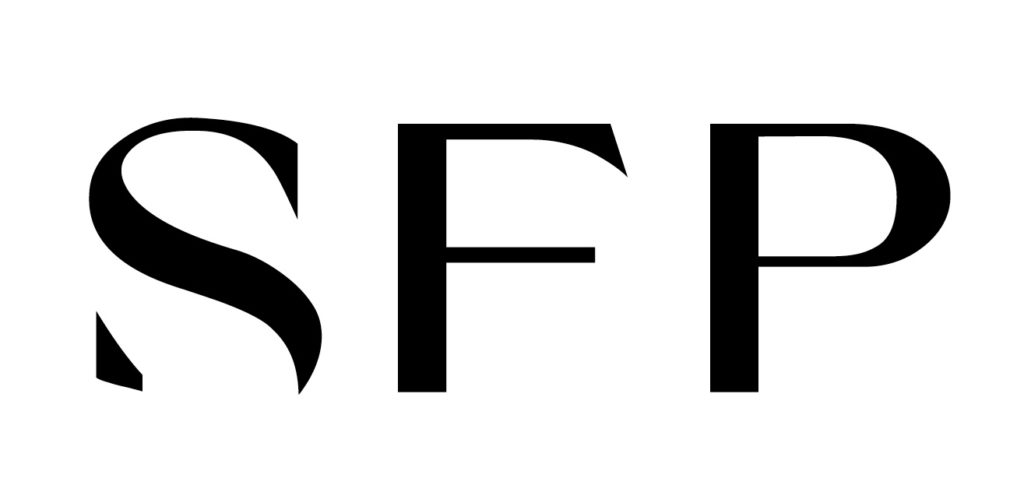A couple of years ago I found myself at a professional dead end. As a menswear merchandiser at Bloomingdale’s in New York, I was struggling to grow my dress apparel business when the trend was to dress more casually. My personal well-being was suffering from the stress of this significant market shift as I struggled to adapt. Turning the challenge into an opportunity for growth would require more than tactical maneuvering. It would take a change in behavior.
But how?
Around that time, I found the answer. I came in contact with an entrepreneur named Vincent Miceli. Vin’s plan was to create an app called Verb that would promote behavioral change and then hold the app’s users accountable to achieve their personal or professional goals—or, in some cases, both.
A life-changing commute
I was sitting on the Metro north train on my daily commute into the city when I read an email from Vin looking for volunteers to test his method. He promised it would change their lives. Tired and frustrated, I replied to the email. “Vin,” I told him. “I’m interested. What do I need to do?” He immediately wrote back: “No sugar, no alcohol, eight hours of sleep, 80 ounces of water each day and workout four days a week for the next 90 days.”
Piece of cake, I thought: I don’t drink soda, I like to work out, water is good, but wait: no booze? No Jack? No wine? No beer!? I was going on vacation in four weeks. I couldn’t do that. I had a business trip coming up; I had to be social. I was already negotiating with myself.
This is a common response. People always try to negotiate their outcome when a significant behavioral shift is on the table. But what they miss is the importance of the little changes that can have a dramatic impact.
“If people paid attention to one thing they wanted the most, they could move the needle,” Vin told me. “It’s not about making massive change, but making incremental changes. The vast majority of people fail to even start, mostly because they don’t know what the first step is, then they ignore the tiny things that might drive their success.”
I soon gave up negotiating and began following Vin’s plan. What I learned next reshaped my life in ways that I couldn’t have imagined before stepping onto the train that chilly morning.
For seven months, or 210 days, I did work out at least four days a week, got eight hours of sleep, drank at least 80 ounces of water and consumed zero alcohol. No beer, no jack, no wine.
As a result, my contribution to Bloomingdale’s success increased tenfold and my business turned around.
A strategy for success through behavioral change
The reason was because I had a plan—to feed my head with good food and water, to reduce stress through exercise, as well as a strategy to stay away from alcohol. These three things gave me a sharper mind to uncover new tactics to run the business, and the energy to lead a team to achieve seemingly impossible goals.
Four years later I still follow that plan. Verb changed me, making me a better person. Certainly not perfect, of course, but it helped underscore the fact that if you aren’t regularly feeding your body fruits, vegetables, sleep, and water, it will eventually fail and you will miss your mark.
For professionals that run a multimillion-dollar business that impacts thousands of lives, my guess is only about 50 per cent have a similar plan, and everyone negotiates that plan in their head. I know, because I’ve been there and now work to mentor other high-performing business leaders who face the same challenges.
Accountability enables change
For me, Verb was a difference-maker in my life because it brought accountability to my behavior change—and I highly recommend it. But creating meaningful change isn’t just about having the right digital tools at your disposal. It’s about having the wherewithal to step back, understand that you’re not achieving your full potential and being prepared to do whatever it takes to pivot.
It’s not always easy, especially for top professionals.
“One of the hardest things to do is to convince people who have already received success in their career over a long period of time, to look at success in a different way and to change what worked previously,” Vin told me. “Having them re-think the markers toward success is one of the conversations we often have with our clients. People get caught in what they think works.”
The key to behavior change, he’s noted in our countless conversations, is a willingness to be held accountable. With one or two sets of eyes watching you, most of us will prefer to be honest about what’s happening in our lives, and specifically whether we’re following our own life plans.
“As long as people pay attention to their mental and physical health on a daily basis, it moves the needle in terms of what’s stopping them from achieving their goals,” Vin has reminded me on several occasions. “You need to incrementally move yourself forward and it’s the little habits that do that.”
As I learned, the right combination of accountability and behavioral change is the key to personal and professional growth. In my case, all it took was a subway ride and the right oversight to make it happen.
Scott Polworth, Founder and Principal
SFP Solutions




